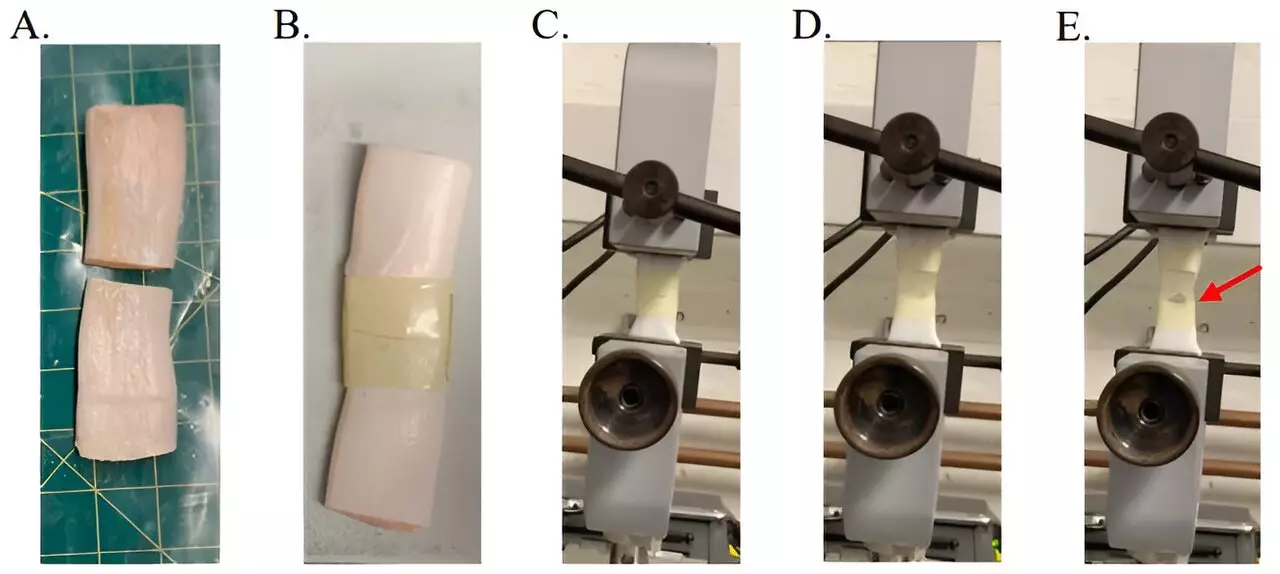In a significant advancement for sustainable materials, a research group from the University of California, Berkeley has unveiled a groundbreaking adhesive polymer that aligns with environmentally friendly practices. Published in the journal Science, their work takes a vital step in addressing the pressing environmental concerns associated with traditional adhesive products. The unique chemistry utilized by these bioengineers marks a pivotal moment in the push for safer and more versatile materials in both medical and industrial sectors.
The research team focused on finding a solution to the instability often exhibited by fatty acid-based polymers, specifically using α-lipoic acid (αLA), which is noted for its natural occurrence and biodegradability. By incorporating an electrophilic stabilizer, they successfully inhibited the breakdown of these polymers, which had previously limited their application range. This innovative approach allowed them to create a suite of adhesives that not only meet performance standards but also cater to a broader array of uses beyond the traditional scope, such as construction or medical applications.
Zhibin Guan, a chemist at UC Irvine, provided a Perspective piece discussing the implications of the research. He emphasizes that while many polymer adhesives are designed for specific tasks—like sealing wood joints—they often lack flexibility and pose risks to ecosystems due to harmful components. This highlights the broader accountability that manufacturers must confront regarding their products’ environmental footprint.
The implications of the Berkeley team’s findings are substantial. Their αLA-based adhesives were rigorously tested, demonstrating efficacy across diverse materials such as wood, metal, and biological tissues. Notably, these adhesives exhibited remarkable adhesion capability, with one variant demonstrating ten times the peel strength of conventional options and functioning efficiently in both moist and dry environments. This strength, paired with relative safety for the environment, positions these adhesives as viable contenders to replace conventional, petroleum-derived alternatives.
Moreover, the self-healing properties of many of these adhesives are noteworthy, presenting a distinct advantage when used in medical settings, where durability and longevity are crucial. The development of such materials aligns seamlessly with current trends in biotechnology and ecological sustainability, emphasizing the need for products that not only perform well but also harmonize with environmental values.
Adding another layer of innovation, the research team introduced a closed-loop recycling method. This process allows discarded adhesive products to be reprocessed into usable materials by introducing an aqueous media, marking a significant achievement in reducing waste. By enabling the continuous cycle of creation and recycling, these biopolymer adhesives contribute to a circular economy model, minimizing resource extraction and reducing environmental impact.
The collaboration of bioengineers at UC Berkeley represents a crucial development in adhesive technologies, combining efficiency with sustainability. As industries continue to seek eco-friendly alternatives, these newly developed polymers may herald a transformative shift towards responsible manufacturing and product design, emphasizing the importance of sustainable materials in our modern world.


Leave a Reply